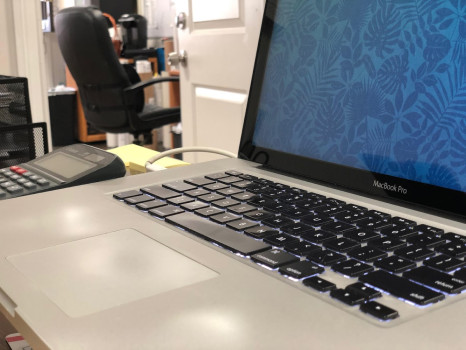
TaDa! Accounting
Reviews Summary
About This Listing
Who Can Work with a CPA?
*Note: CPAs may specialize in different areas. Be sure to check credentials and service offerings.*
First-Time Clients
If this is your first time working with a CPA, don’t worry — most professionals offer a free consultation and will walk you through what to expect. You may be asked to complete an intake form, share financial documents, or set clear goals for your session.
What to Know Upfront:
*Note: Every CPA operates a bit differently. Don’t hesitate to ask questions before committing.*
What to Bring
*Tip: Organize your documents in advance to save time and ensure accuracy.*
Preparing for Your Appointment
*Note: Preparation helps you make the most of your CPA’s expertise.*
How to Get Started
Other Helpful Info
*Note: Every CPA is different — take time to find one who fits your goals and style.*
Contact Information
Address
4911 Genesta Ave
Encino, California 91316
Phone
+1 310-800-4494Customer Reviews
I own my mother's former house with two sisters in an LLC. We have used Rachel for bookkeeping and to prepare files and interface with our CPA for taxes. I used to be involved heavily in the process in the old days, equipped with Excel and not a lot of financial or math experience. Now, I just get copies of files and watch the process. We love Rachel. We will stay with her as long as she will have us!!!
When I first moved into this area, I interviewed a few bookkeepers. Rachel seemed the best fit so I gave her a try. Turns out she was even better than I hoped for. So knowledgeable about Quickbooks, but more importantly she understands accounting for State and Fed rules. Works with my CPA and just takes care of the business of my business, so I don't need to. She is such a great resource!
Rachel has been able to help me soooo much with my financial and accounting needs. She is infinitely knowledgeable in all accounting subjects including the specific financial assistance that my business requires. When I am stuck, she'll jump on the phone with me and she will even "drive" my computer to get my accounting issues impeccably taken care of. I highly recommend Rachel's TaDa! Accounting services if you want THE BEST!!
I am one of those people who struggle with computing and math, so for me Rachel is like a magical being. Each time I call her with a question or problem she walks me through the foreign world of finance with her patience and knowledge until I am back on steady turf. She is the best!
The company name says it all Rachel is like a magician where she turned a pile of papers to an organized bookkeeping chart and balanced accounting department I have been working with Rachel for over a year and a half to organize my business accounting and bookkeeping and I can say mostly that Rachel provided me a peace of mind whenever I have a question or concern in my accounting or administration area she's always there to rescue like magic, ta-da!! and thank you Rachel Barak
They took 7.41 years of random receipts and turned it into tax documents and real info to make decisions with. She worked with a sense of urgency, yet was pleasant and charming. Knows things about computer programs only the programmer would, and can give general guidance on how to best organize your data. A lifesaver!! ????
pays attention to detail and simply the best i have had out of the few i have tried over a decade